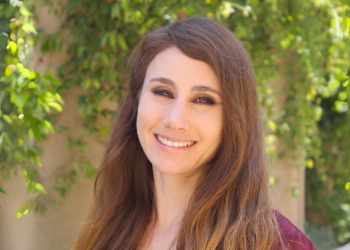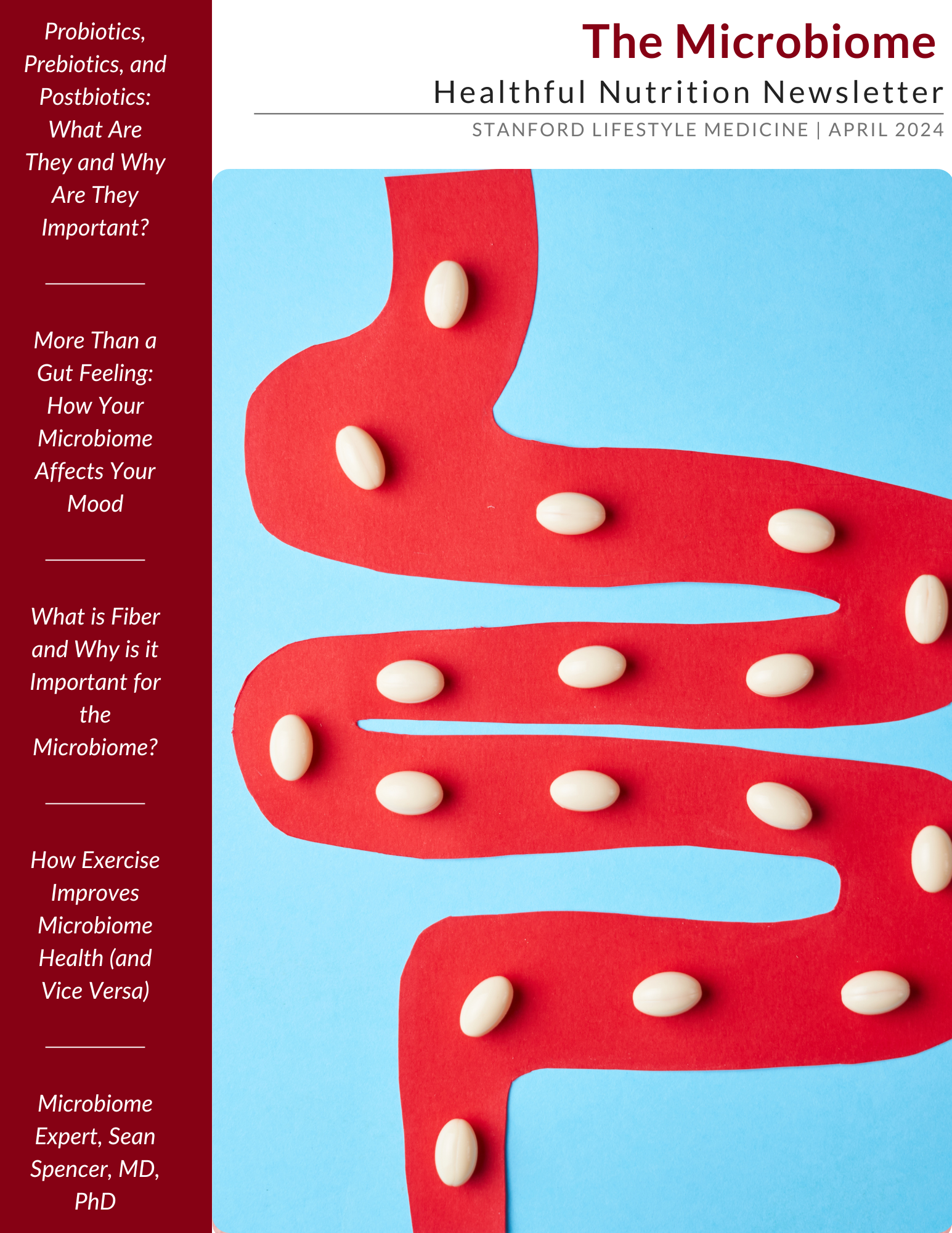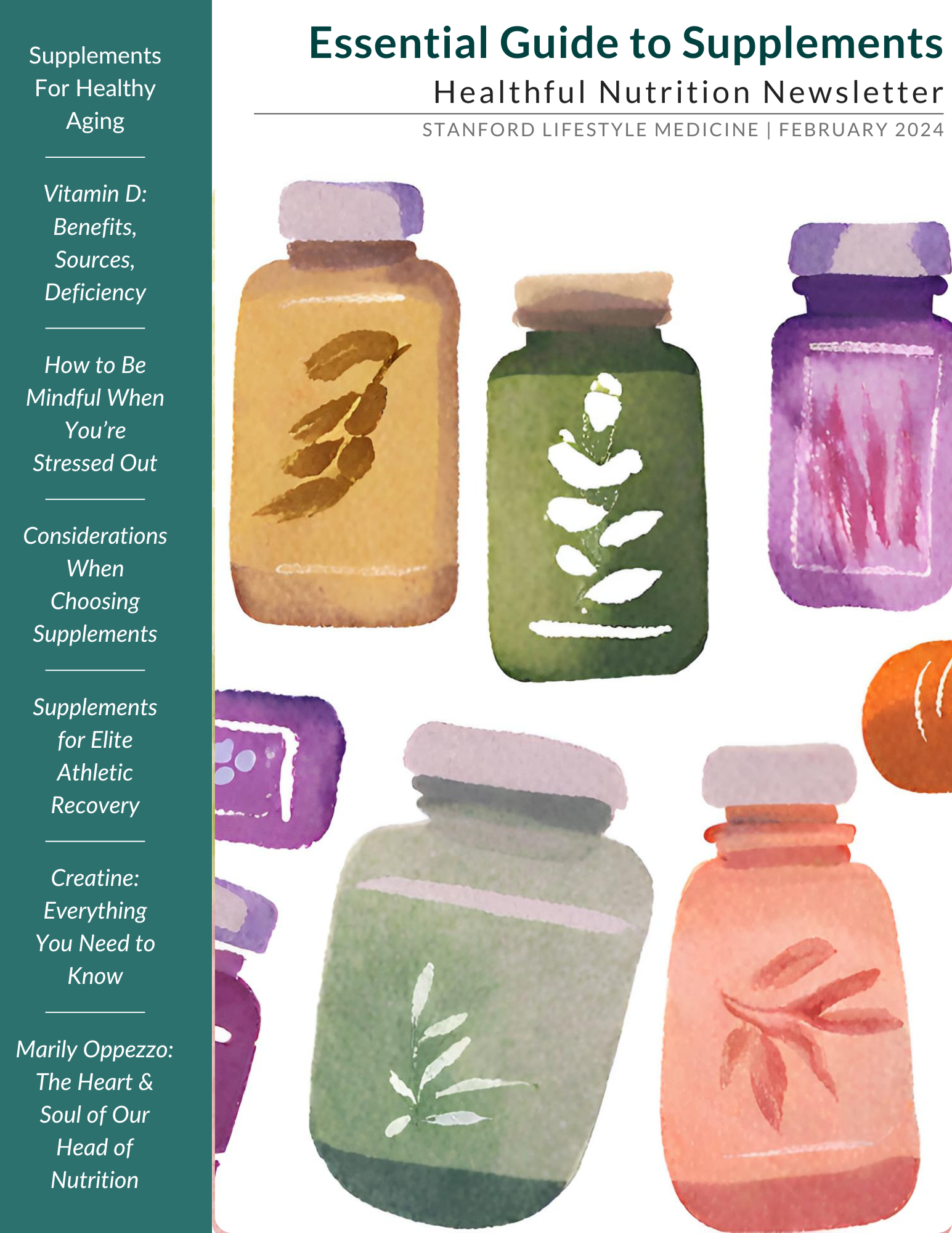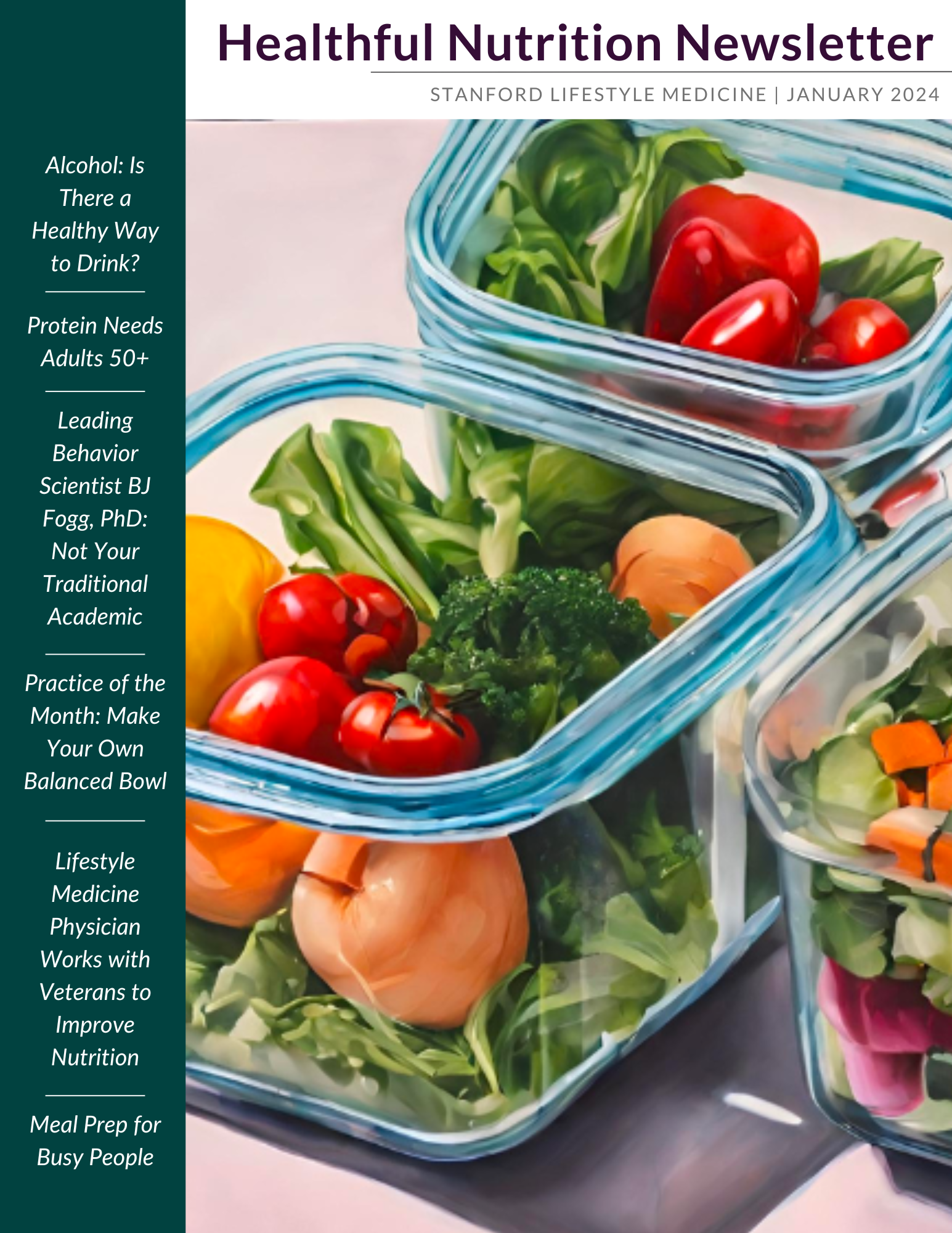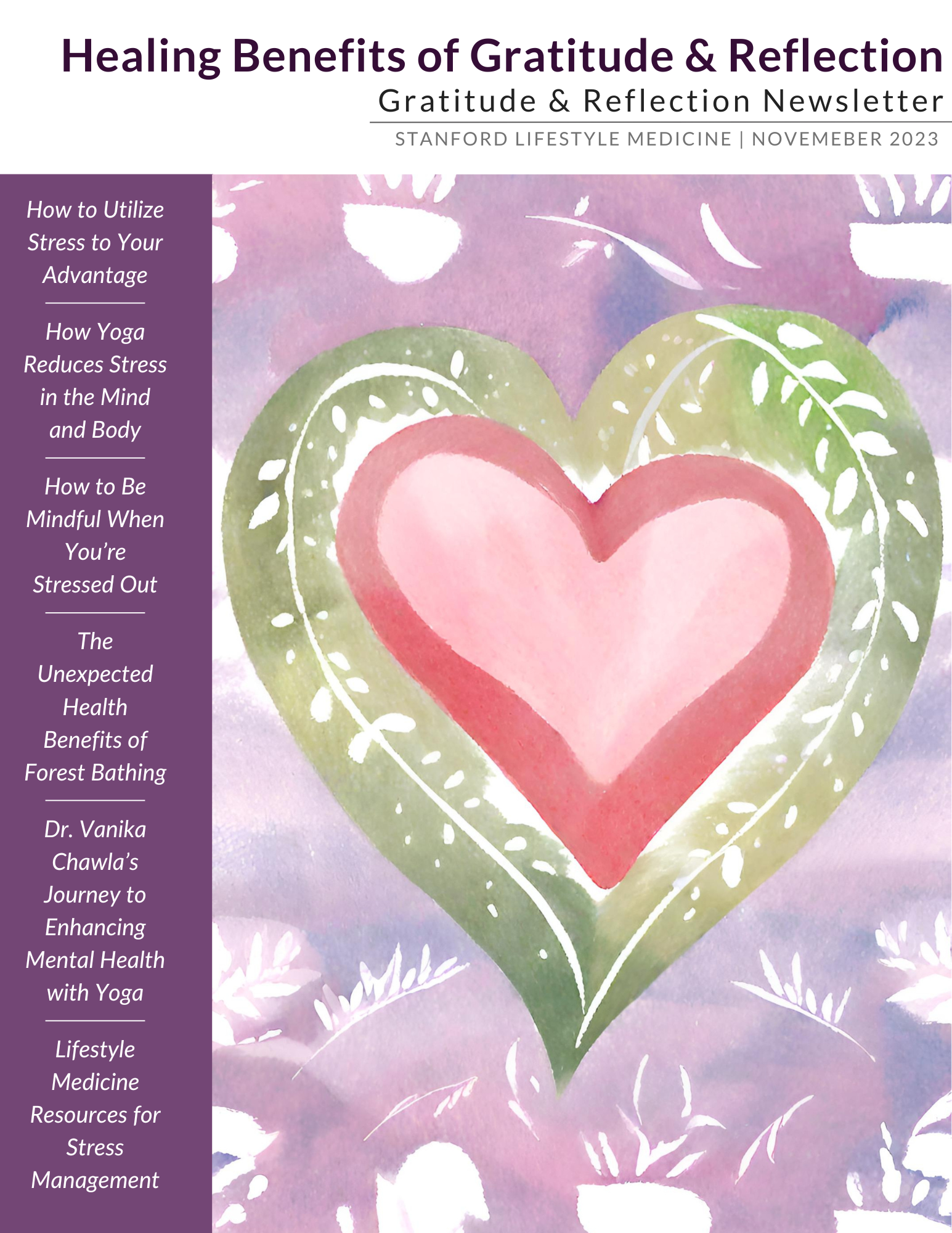OUR MISSION
space
The mission of the Stanford Lifestyle Medicine Program is to conduct research and provide expert guidance in healthy aging and optimal performance to create actionable, reliable, and continuously updated resources that translate evidence-based research into consumable content for all.
space
Health is Movement & Exercise. Healthful Nutrition. Restorative Sleep. Stress Management. Social Engagement. Cognitive Enhancement. Gratitude & Reflection.
The Stanford Lifestyle Medicine newsletter delivers the latest, evidence-based recommendations across seven pillars of health directly to your inbox.
The Seven Lifestyle Levers Assessment is a comprehensive tool designed to evaluate the impact of your lifestyle choices on overall wellness.













